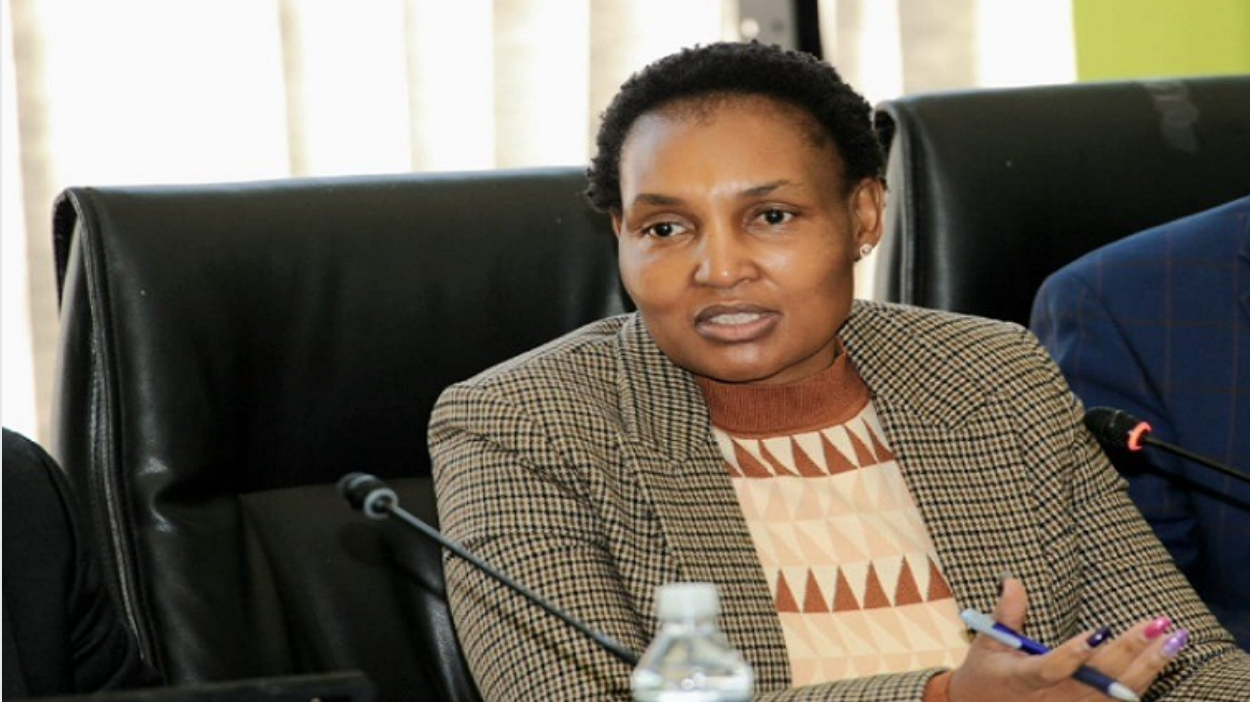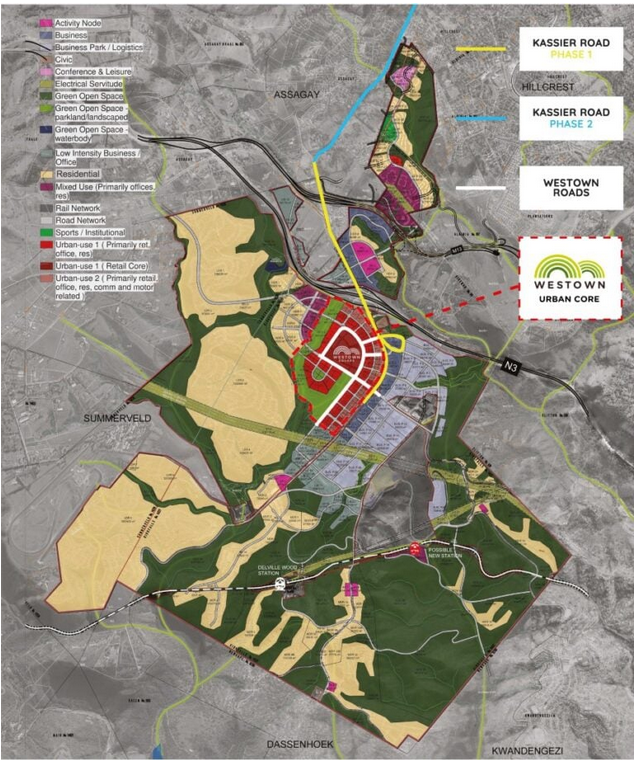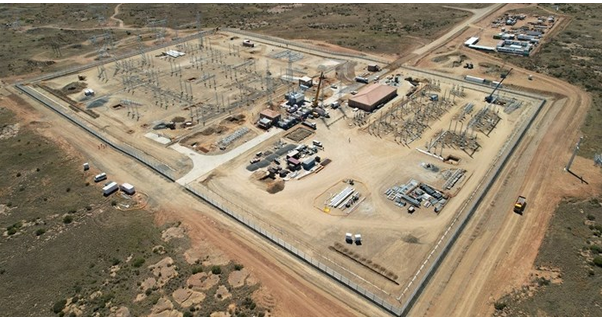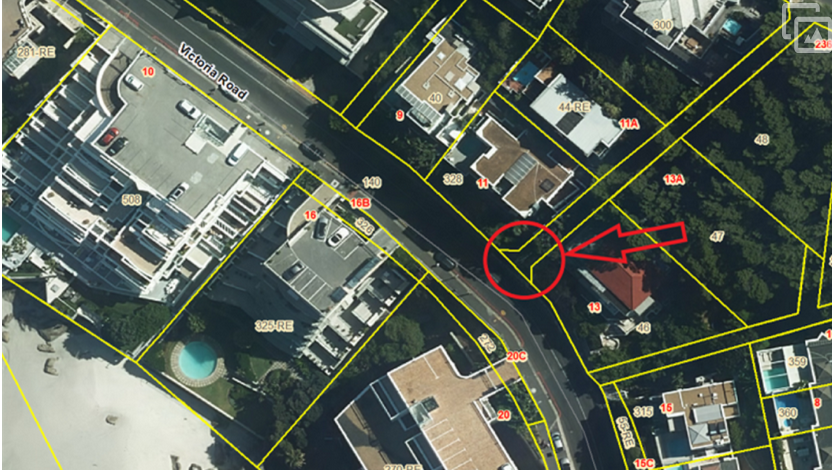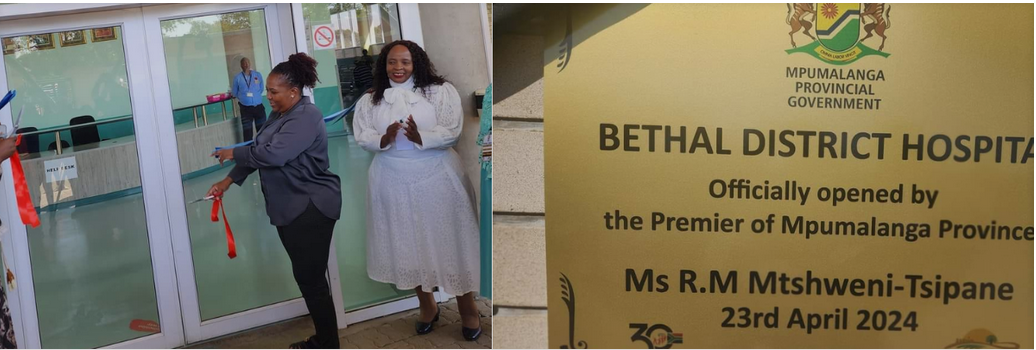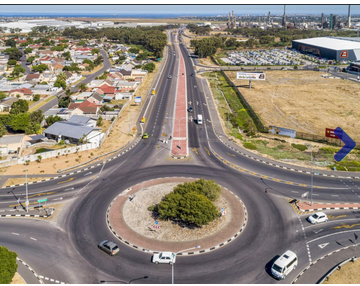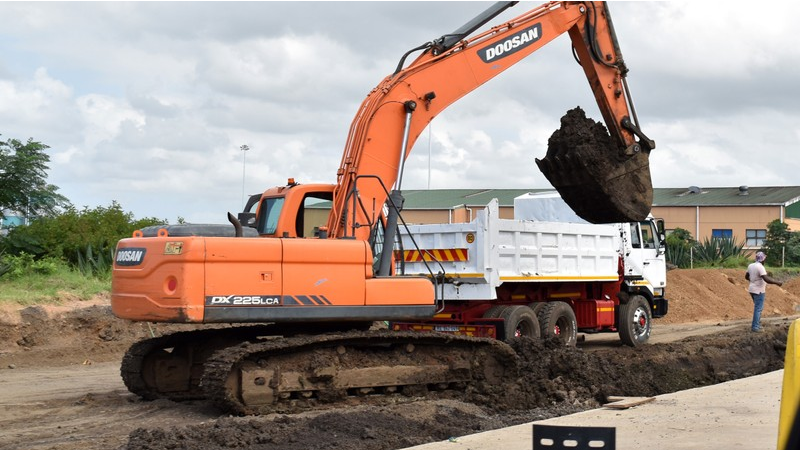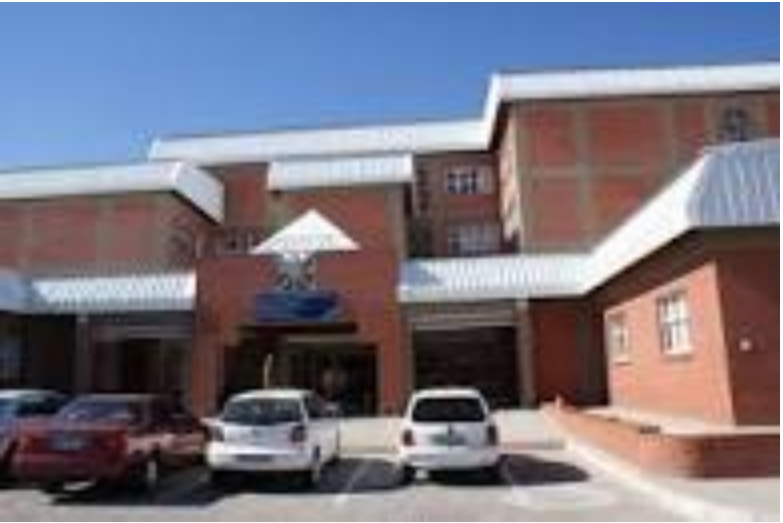Office-to-residential conversions on the up
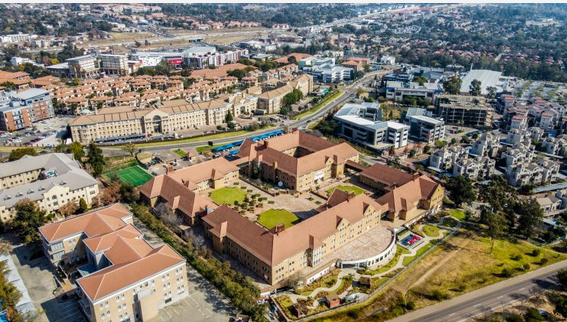
25-04-2023
Read : 318 times
Moneyweb
Source
Justin Blend, director of Africrest Properties, which is arguably Johannesburg’s biggest player in the market, shares his insights on why such conversions are booming and gives an update on the group’s major redevelopment projects.
With office property vacancies still in the double-digit doldrums, savvy real estate investors are increasingly buying up old office parks and blocks with the aim of converting these into residential complexes.
One of the fastest-growing office-to-residential redevelopment players in Johannesburg is Africrest Properties, led by Justin Blend and his brother Greg, together with partner directors Grant Friedman and Nicholas Katsapas.
The group has grown significantly in the past few years and today has a R2.5 billion property portfolio, largely in the ‘built to rent’ subsector. In this episode of The Property Pod, Justin shares his insights into why this niche sector is on the up.
He also gives an update on the group’s growth plans and current major projects, which will see Africrest increasing its residential portfolio from 3 000 units to 4 000 units for rent over the next year.
How did you get into the office-to-residential conversion game to become one of the largest private players in the so-called built-to-rent market?
“That’s a good question with an interesting answer. When we started in commercial property, I was a university student in Braamfontein and we saw the opportunity to turn old C-grade office buildings into, by a Braamfontein standard, A-grade office buildings. We were [among] the first people in Braamfontein redeveloping these dilapidated buildings, and it went very well. That’s how the business got off the ground.
“At the same time, we started seeing what the student accommodation guys were doing, converting buildings to student accommodation, and that was heavily on our minds.”
“Fast forward a few years, we moved in, we started owning office buildings in the northern suburbs of Johannesburg. Business was going well, and we owned a very small office building in Ferndale, Randburg; there was actually a school operating out of the property. The school outgrew the property and had to terminate the lease, and we were stuck with a small office building that we didn’t know what to do with.
“We put it on one of the property portals for rent once there were complete apartments for rental, and we gave a phone number of someone in our office [who would] answer the phones … I remember sitting there – say we went live at 8:00am that morning. About two hours later my brother, who’s my partner, asked the lady in our office how many calls were received. She said 15 calls. I remember thinking that in just two, three hours we had received 15 calls and that was really great. She said, no, not 15 calls – 50, five-zero, calls.
“In that moment it was like lightning had struck. We knew immediately we were onto something because in the office market, if you get 50 calls in six months, you’re kind of lucky. To get 50 calls in two hours was unbelievable.
“That’s how we really knew we were onto something, and we aggressively started pursuing the opportunity.”
“They [Futuregrowth] are also very actively involved and have a shareholding in the residential business …”
“We don’t have any other outside shareholders, which allows us to act very quickly without having to report to large boards and things like that. We do run the business in a very formal manner, but we are very nimble in our day-to-day manoeuvring and operations.”
“The business employs just over a hundred people. Currently we own just over 3 000 apartments, which we manage ourselves in-house and have developed ourselves. We lease them out ourselves, we manage it ourselves, plus we own a commercial portfolio of buildings.”
Development pipeline
“[Africrest’s] portfolio size in rand value is probably approaching R2.5 billion today. But we’ve got a lot of signed and sealed [projects in the] pipeline that we’re about to start or already have started developing, which will increase it substantially over the next 12 months.”
“[The Apollo] development has been hugely successful. We rented out the apartments in what we thought was record time, faster than we ever imagined. And the building really is performing extremely well.”
“What we are very excited about is that we’ve just launched The Atlas phase two, which is another building, another office park in Sunninghill, which as a development will be larger than The Apollo, [which has] about 700 units. It will have more units than The Apollo.”
“Our largest development will be The Atlas, and we launched phase two about a month ago.”
“In the first month we signed about 65 leases and it’s going really incredibly.
“The Apollo was the largest single-building conversion in South Africa, and The Atlas will be the largest office-park conversion in South Africa, which we are super-excited about and very, very proud of.”
What are some of your other projects and what do you have up your sleeve in terms of the next big flagship redevelopment, other than what you’ve already mentioned?
“The big flagship one is now going to be The Atlas. But besides that, we’ve got another four developments that we are working on and about to begin. We’ve just purchased a vacant old-age home in the Norwood area, which we are about to start work on. That will involve the conversion of the old-age home or the improvement of the current dilapidated state, plus a new construction of apartment buildings on that site.”
“We also have a new six-storey building in Ferndale that we are busy building, I think [we’re on] floor number three at the moment. We’ve another one in Ferndale. So we have currently about five developments [that have] either begun or [are] about to begin that will increase the portfolio to just over 4 000 apartments.”
Tell us more about the so-called built-to-rent niche of the market. Your group must be benefitting from increasing rentals now, especially with higher interest rates?
“One hundred percent. We’re definitely seeing rentals are increasing, at least with inflation potentially a bit more. It’s still early days with the interest rates increasing to see where it’s going to end up with our rentals. But it has definitely been positive for us.”
“Look, we are extremely excited about the built-to-rent asset class. We see it overseas in America; they call it multi-family housing. It’s been an extremely popular asset [class] for institutional investment and private investment for multiple years in the UK.
“The product has been extremely successful in terms of tenant demand. We understand why tenants love it, because one landlord can control the entire estate.”
Apartment rentals
“The biggest problem when you normally rent an apartment is that your neighbour is making too much noise, things like that.
“You phone up the owner of that apartment, your next-door apartment, and he says, listen, I’ll tell my tenant to be quiet, but I can’t kick him out because I need his rental income to pay my bond.
“The security guards all have decibel meters; we know exactly what noise levels are allowed and not allowed, and we can make it rather a peaceful, happy environment.”
Office sector ‘taking a beating’
“Then from an investment point of view, with offices taking such a beating, retail [being] tough, maybe industrials performing well, and institutional investors or pension funds needing consistent income – there are not too many property classes they can look at the moment …”
“We think that a lot of them are going to start looking at the built-to-rent market which gives very consistent returns and income flows, and will start investing more and more in this asset class, which will push yields down and make the properties more valuable.”
How easy or complex is it to convert an office to residential? What are some of the challenges around, for example, rezoning?
“It’s definitely challenging. I’ve a lot of thoughts on the matter … There are a lot of moving parts. It’s not an easy industry to enter, it’s not an easy asset class to enter, because of all those moving parts … ”
“The property itself needs to be very suitable for conversion. When you read articles saying that half of Sandton’s buildings will be converted to apartments, it’s not true. Either the floor plates are too wide, or the facades aren’t correct. There are many, many aspects that one needs to take into account.”
“With many of the major work nodes taking a beating with people working from home, [as I] said, there’s an ecosystem – if people don’t go to work and the petrol station is less busy, and the person who sells fruit and vegetables close to that office node is less busy, that whole ecosystem falls apart.”
“For [municipal] councils to try and keep these ecosystems running they should make it easier for developers to get rezoning. What they’ve done in the UK, for instance, they’ve dropped a lot of the requirements and expenses.”
“So just as a side note, not only is it complex to rezone a property from office to residential, but it’s also extremely expensive with the council – the [fees] they charge you, especially for things like parks, contributions, and things like that.
“If they made that easier for developers, there’d be more conversion of offices to apartments, which would help stimulate the whole ecosystem and environment of an area.”
Recent News
Here are recent news articles from the Building and Construction Industry.
Have you signed up for your free copy yet?

